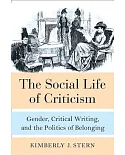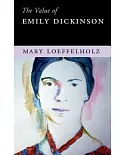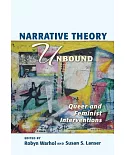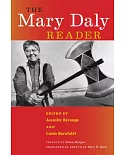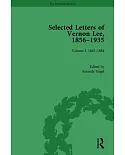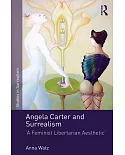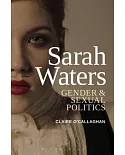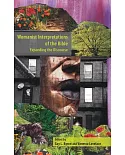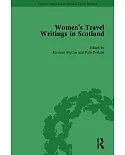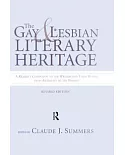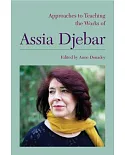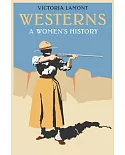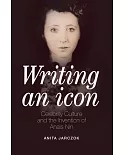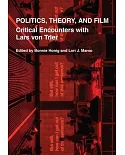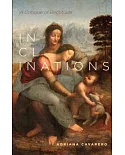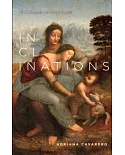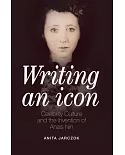In this definitive reader, prominent scholars reflect on how Luce Irigarary reads the classic discourse of Western metaphysics and also how she is read within and against this discourse. Her
return to "the Greeks." through strategies of deconstructing, demythfying, reconstructing, and remythifying, is not a nostaligic return to the ideality of Hellenocentric antiquity, but rather
an affirmatively critical revisiting of this ideality. Her persistent return and affective bond to ancient Greek logos, mythos, and tragedy sheds light on some of the most complex
epistemological issues in contemporary theorym, such as the workings of criticism, the language of politics and the politics of language, the possibility of social and symoblic transformation,
the multiple mediations between metropolitan and postcolonial contexts of theory and practice, the question of the other, and the function of the feminine in Western metaphysics. With a
foreword by Gayatri Chakravorty Spivak and a chapter by lrigaray responding to her commentators, this book is an essential text for those in social theory, comparative literature, or
classics.
"This singular volume begins to take account of the enormous influence and range of the work of Luce Irigaray. Taking as a point of departure the key critical writings on Greek philosophy that
from the basis of Irigary's theories of sexual difference, the sexed body, and writing, this anthology brings Irigarary's Greek legacy into the present to consider feminist philosophy as a
critical rereasding of philocophy's foundatinos. Here we see that the departures from that important tradition are as important as the debts we owe. Once again we see that to read Irigaray
means learning to read in both directions at once. As well, we see in vivid terms that Irigaray's work poses an enormous challenge for rethinking relations of eros and love, recrafting
philosophy through new textual and corporeal practices, both embodied and critical. The volume recognizes Irigaray as a feminist philosopher whose work has itself produced an impressive legacy
of diverse and vital criticism among major contemporary thinkers. This is an invaluable text for those who wish to understand just how radically feminist thought intervenes in questions of
history, love, embodiment, and critical readings in philosophy."---Judith Butler, author of Frames of War: When Is Life Grieveble?
"This book will captivate feminist scholars and classicists alike, presenting, the complex panorama of an interdisciplinary study in which the primacy of the `text' (be it Irigaray's or that of
the ancient tradition) is at the same time confirmed and trespassed."---Adriana Cavarero, author of Stately Bodies: Literature, Philosophy, and the Question of Gender.


